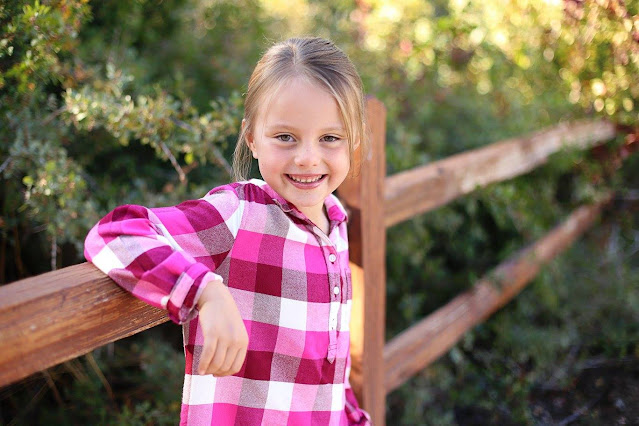Imaginative Arts!
1. Book Discussion - What did you like most about Julie of the Wolves? What did you like least?
Choose one of these questions to answer. Come prepared to share your thoughts and answers in our discussion.
1. We learn a lot about the Arctic tundra from Miyax and her experiences. Choose a memorable passage to consider closely. What does the passage have to say about life on the tundra?
2. Choose an animal and discuss its role in the book. For example, how does Kapu grow and change? What is Tournait's role in the story? Why does Jean Craighead George include so much information about lemmings? Pose and explore similar questions with regard to the animal of your choice.
3. The author, is not originally from Alaska but she clearly loved this part of the world and wanted to contribute to the protection and sustenance of its people and environment. How can this book be read as a call for action? What moments make you think about the endangered ways of Alaska's indigenous people, the tundra, and Arctic animals?
4. A theme is the overreaching idea in a story. For example, Julie explores her identity by changing her name, searching for a new home, and choosing between old traditions and new ways of life. What other themes do you find?
5. Miyax sings two different songs to Amaroq. How are these songs similar and different? What is the significance of singing them rather than speaking?
6. We are reminded of Kapugen throughout Julie's time in the wild. She uses skills she has learned from him. What does Kapugen symbolize for Julie? Why do you think she leaves him right after finding him? Why do you think she turns her boots toward him at the end?
7. Why do you think Julie agrees to marry Daniel? Why does she leave? What are her choices at that point in the story?
8. Describe Julie at the beginning of the story versus the end. What are some moments that change her? What examples can you cite of Miyax confronting tradition and either refusing it or upholding it? Jean Craighead George has said that the primary message she'd like young readers to take away from the novel is : "Think Independently." What are some examples of Julie/Miyax thinking independently?
9. What do Amy and her life in San Francisco represent for Julie? What do you think she meant when she said, "Daylight is spelled A-M-Y"? Do you think she will be in tough with Amy again at the end of the novel? If she wrote to her at that point, what do you think her letter would say.
10. How does our vanguard theme of "Patience" play a part in the book? Give us some examples of how Julie had to be patient.
Culture Projects!
















































